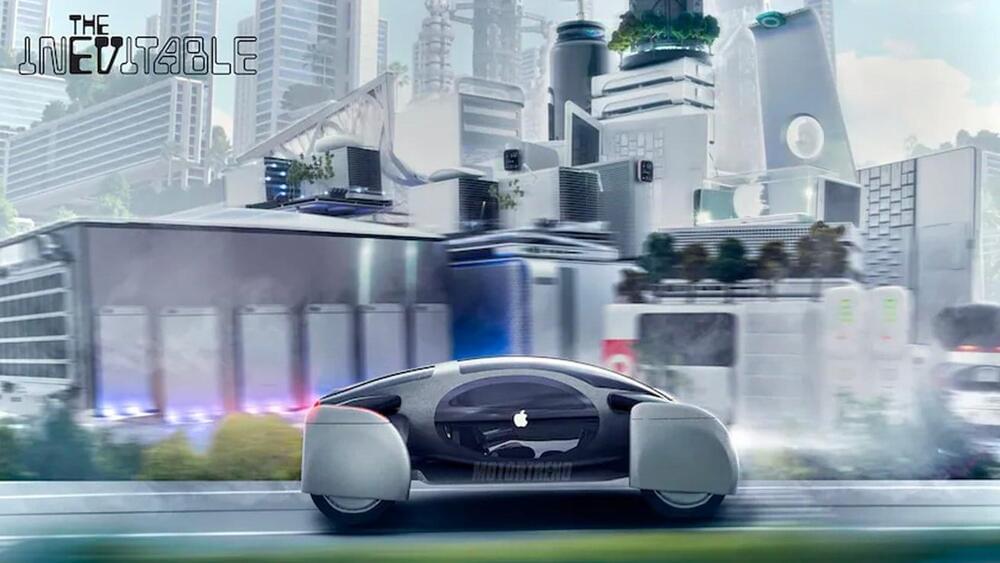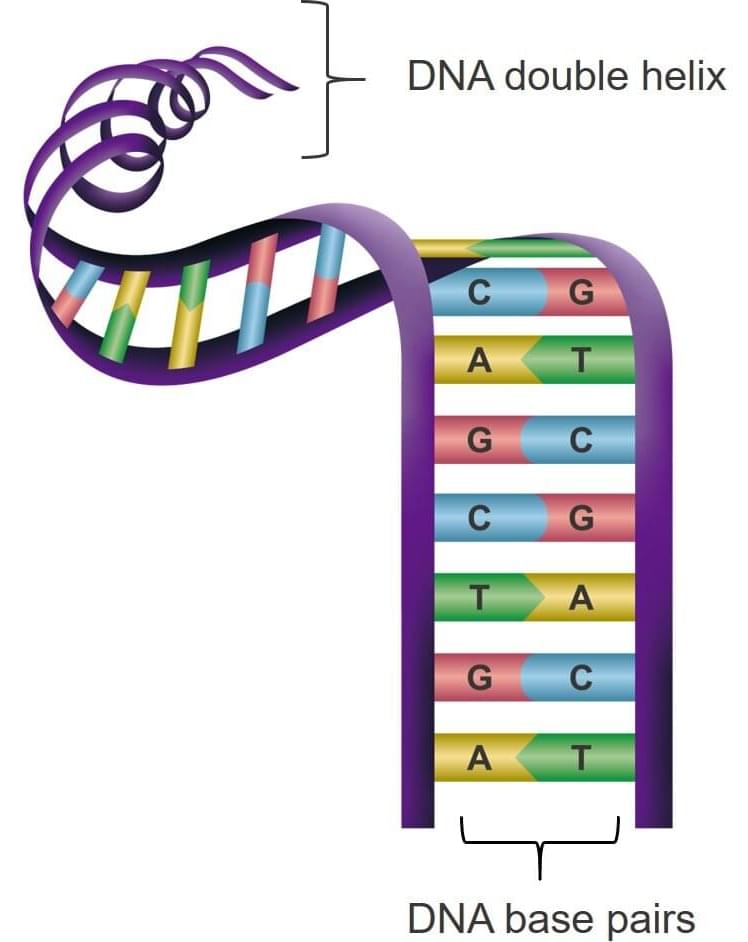When I did my doctoral studies I studied a number of growth disciplines in areas like: complexity science, social network science (relationship and collaboration science), system thinking science, information science, and cognitive science. As a result of this knowledge, I learned how to connect business strategy goals using diverse growth strategies and analyze underlying operating systems that were either enabling relationship strength and growth outcomes or creating negative systemic feedback loops that prevented revenue acceleration.
There is a word in the English language seldom used called quaquaversal which means looking in all directions all at once which represents the field of complexity science and is the reality of the executive mindset that needs to operate in the board room and in today’s fast paced world — *what one sees as relevant today may well be obsolete tomorrow.*
This blog series will explore each of these discipline areas and connect real life examples of AI approaches that are enabling growth acceleration techniques using these science and social science techniques. This is the first blog in this five part blog series and will focus on complexity science.
Full Story:
President biden please acknowledge tesla’s EV leadership.









